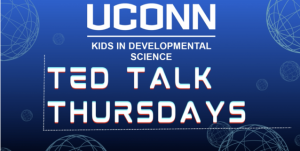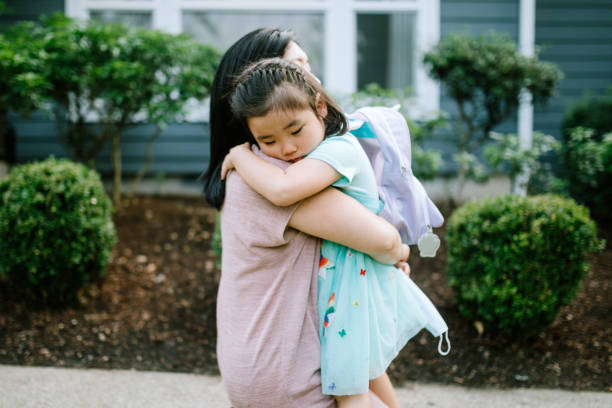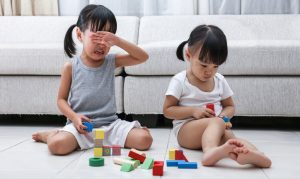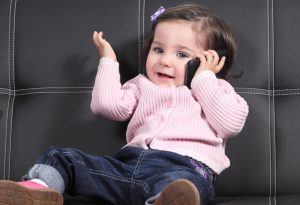

Many parents worry that exposing a child to more than one language might confuse them or make it harder for them to learn to talk. UConn’s HELLO Lab helps break down that concern in a simple, research-based way. The speaker explains that children’s brains are actually built to handle multiple languages from a very early age, and they naturally sort out which words belong to which language as they grow.
The video also shares that bilingual and multilingual children reach their major language milestones—like saying their first words or forming sentences—on a timeline that is completely normal. Hearing two or more languages doesn’t “overload” them. Instead, it gives them extra tools for thinking, communication, and understanding the world around them.
Overall, the episode reassures families that raising a child with more than one language is not only safe; it can be incredibly beneficial. It encourages caregivers to feel confident that supporting a child’s home language while also introducing English (or another language) can strengthen connection, identity, and long-term learning.
If you want to watch more, click here!
Erin Mulroy
UConn KIDS Research Assistant










